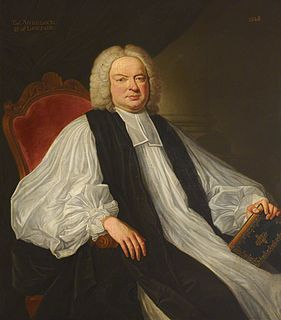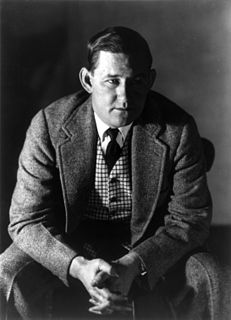A Quote by Noam Chomsky
All public resources go to the rich. The poor, if they can survive in the labor market, fine. Otherwise, they die. That's economics in a nutshell.
Related Quotes
Trickle-down economics - it didn't work. The whole idea was supply-side economics: give rich people a lot of money; they'll spend it, it'll go into the economy. Here's what we found out - rich people, really good at keeping all the money. That's how they got rich. If you want it in the economy, give it to the poor people. You know what they're really good at? Spending all their money.
We need to revise our economic thinking to give full value to our natural resources. This revised economics will stabilize both the theory and the practice of free-market capitalism. It will provide business and public policy with a powerful new tool for economic development, profitability, and the promotion of the public good.
Money must serve, not rule! The Pope loves everyone, rich and poor alike, but he is obliged in the name of Christ to remind all that the rich must help, respect and promote the poor. I exhort you to generous solidarity and a return of economics and finance to an ethical approach which favours human beings.
There is not such a mighty difference as some men imagine between the poor and the rich; in pomp, show, and opinion, there is a great deal, but little as to the pleasures and satisfactions of life. They enjoy the same earth and air and heavens; hunger and thirst make the poor man's meat and drink as pleasant and relishing as all the varieties which cover the rich man's table; and the labor of a poor man is more healthful, and many times more pleasant, too, than the ease and softness of the rich.
The general idea of the rich helping the poor, I think, is important. That your sense of justice says, why should rich kids - who barely get these diseases and almost never die of them - why should they get the vaccines, when poor kids, who actually do die from these diseases, don't get those things? It's an unbelievable inequity that there isn't that access.





































